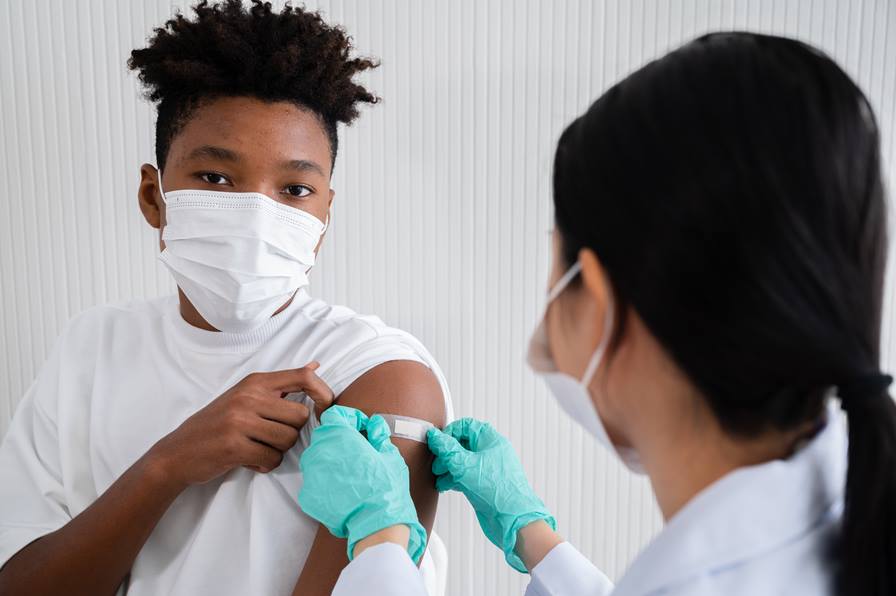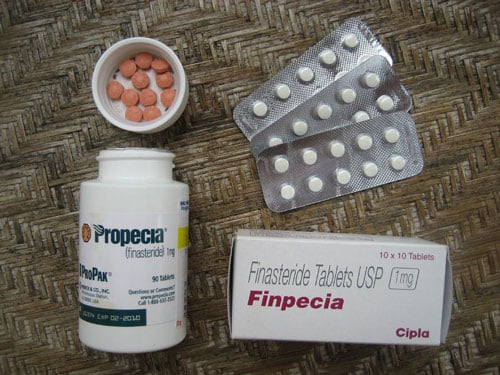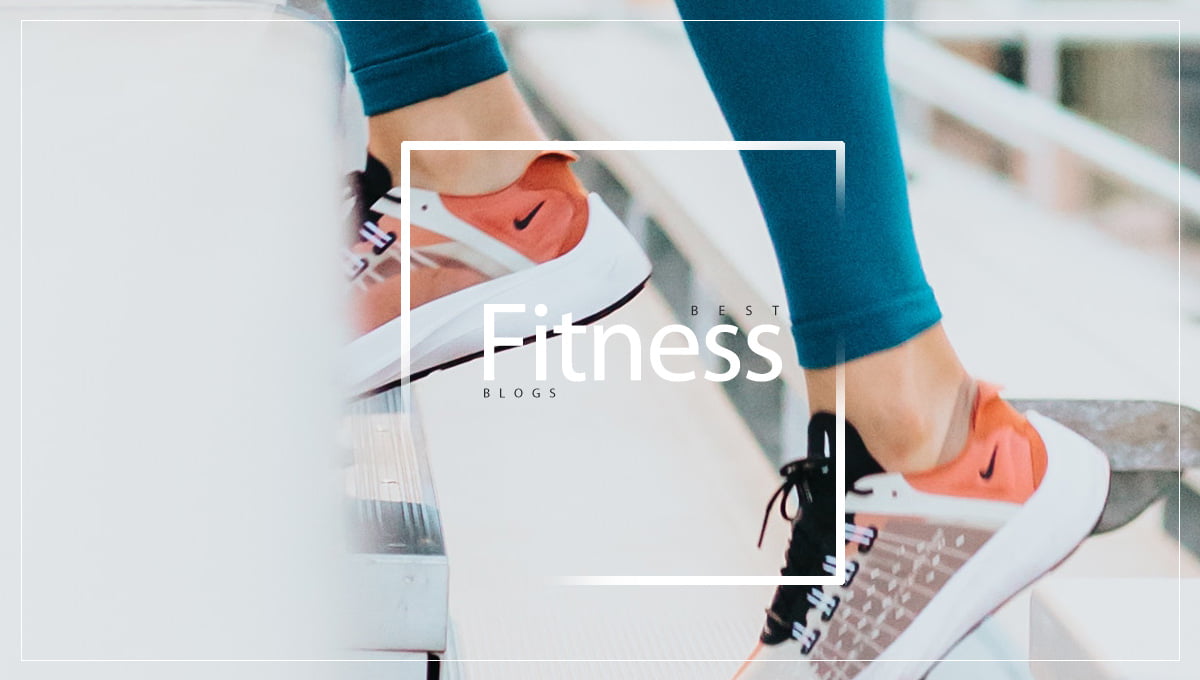
National healthcare leaders recently called for booster doses of the Pfizer, Moderna, and Johnson & Johnson COVID-19 vaccines for some individuals. Does that mean the vaccine isn’t doing its job?
Not at all, said Kristin Dascomb, MD, an Infectious Diseases physician and the Medical Director for Employee Health at Intermountain Healthcare. “We have full confidence that the vaccines work. If you look at the data, you’ll see that people who are vaccinated are significantly less likely to develop severe disease, be hospitalized, or die.”
With COVID-19 cases continuing to increase due to the Delta variant, COVID-19 vaccines are more important than ever to prevent serious illness and reduce COVID-19 in our communities. For specific populations, the Centers for Disease Control and Prevention (CDC) recently recommended a second dose of the Johnson & Johnson vaccine and a third dose of Pfizer and Moderna vaccines.
Table of Contents
ToggleCan I get a booster?
Research has shown that young and healthy people have excellent immunity months after vaccination. That’s why only certain groups are eligible for a booster dose right now.
Johnson & Johnson booster doses are recommended for people who were vaccinated at least two months ago and who are:
- Ages 18 and older
Pfizer booster doses are recommended for people who were vaccinated at least six months ago and who are:
- Age 16 and older
Moderna booster doses are recommended for people who were vaccinated at least six months ago and who are:
- Age 18 and older
What’s considered an underlying medical condition?
- Heart conditions (such as heart failure, coronary artery disease, cardiomyopathies or hypertension)
- Stroke or vascular diseases that affect blood flow to the brain
- Kidney problems
- Lung diseases, including COPD (chronic obstructive pulmonary disease), asthma, and cystic fibrosis
- Liver disease
- Dementia or Alzheimer’s
- Diabetes (type 1 or type 2)
- Down syndrome
- Obesity (BMI ≥30 kg/m)
- Pregnancy or recent pregnancy
- Smoking, current or former
- Substance use disorders
- Cancer*
- HIV infection*
- Immunocompromised state (weakened immune system)
- Sickle cell disease or thalassemia*
- Solid organ or blood stem cell transplant*
*If you are getting a Moderna booster and have a condition or take a medicine that suppresses your immune system, you may need a full dose of Moderna for your booster rather than the half-dose booster. Talk to your doctor about what dose is best for you.
I want a booster shot but I got a different vaccine. Can I mix and match my vaccines?
Since there is a recommendation for some people to get a booster, does that mean that the vaccines aren’t working?
How can I get a booster shot?
What if I’ve lost my vaccination card?
What should I expect from side effects?
I usually get a flu shot this time of year. Can I get my booster at the same time?
Will COVID-19 become like the flu, and require annual vaccinations?
I’m not in an eligible group. Should I be worried that my vaccine will stop working?
Dr. Dascomb doesn’t want us to worry. Data from across the country show that the vaccines are doing a remarkable job of preventing severe disease, hospitalization, and death. Recent figures from the Utah Department of Health show that unvaccinated Utahns had 6.4 times greater risk of getting COVID-19, 7.3 times the risk of being hospitalized, and 5.9 times the risk of dying than people who are vaccinated.
[“source=intermountainhealthcare”]






















